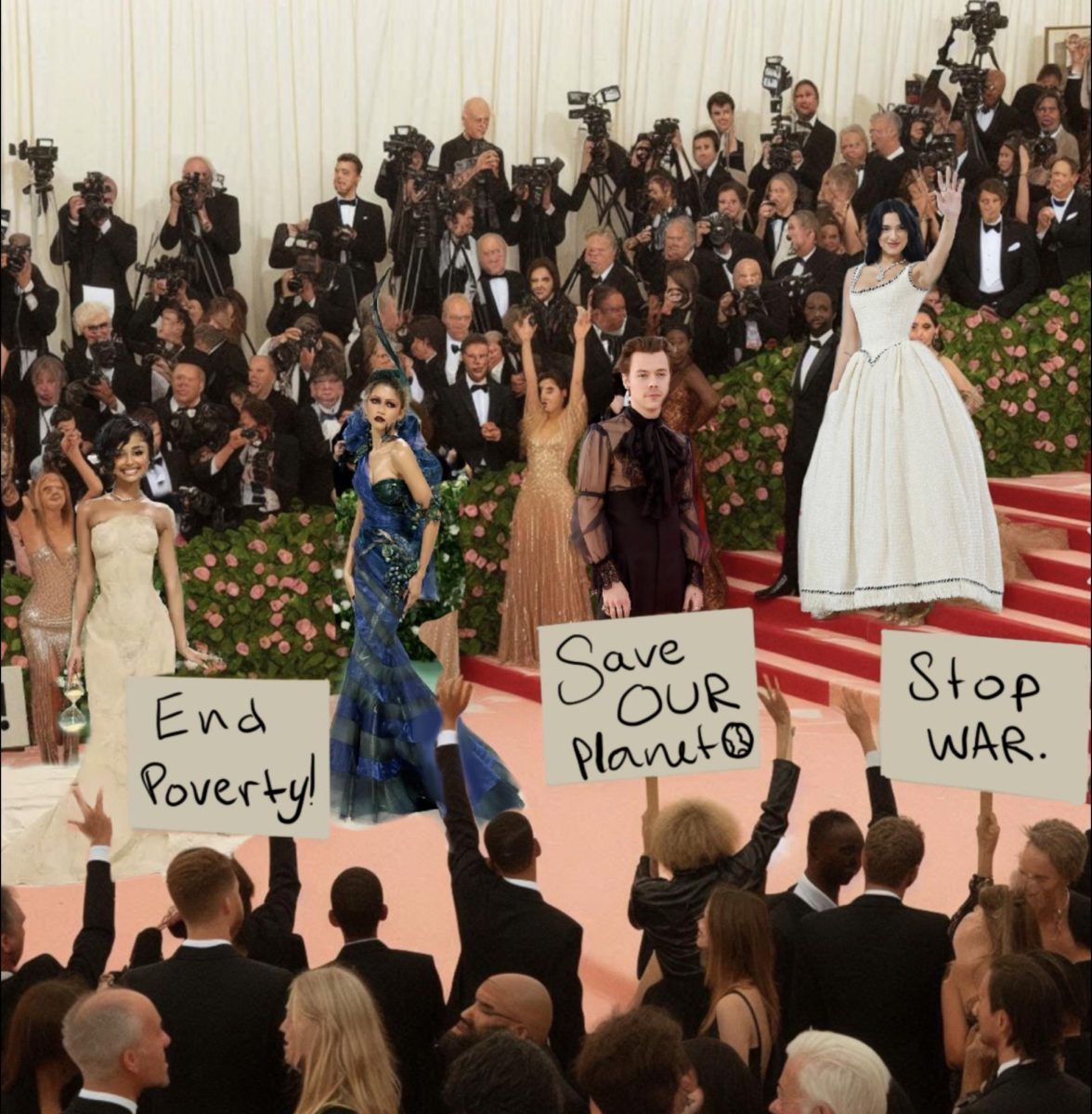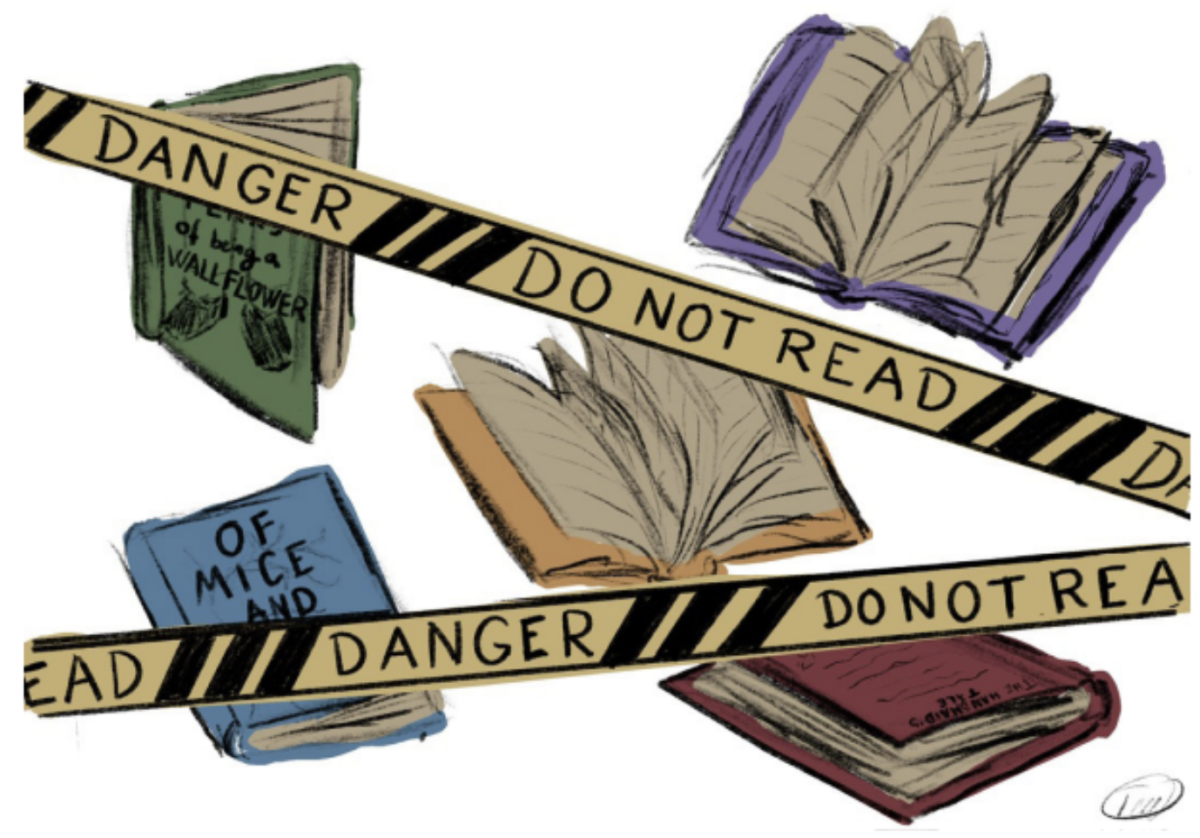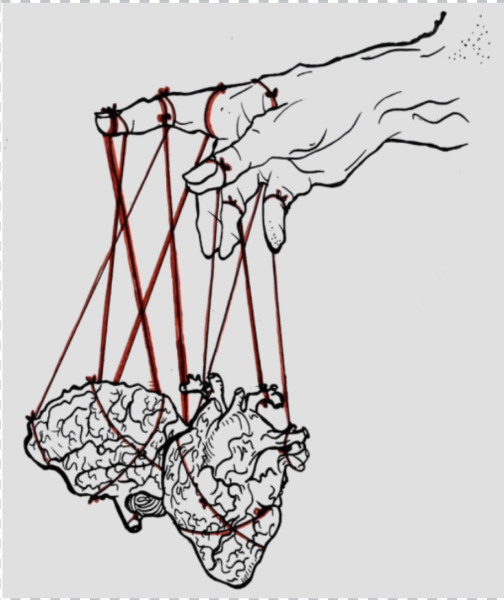In late June, I was lucky enough to be in London during the University of Oxford’s undergraduate open days, and I managed to attend a lecture titled “Can Reading Make You Happy?” given by Professor Robert Douglas-Fairhurst. The discussion dove into a world where literature, emotions, and philosophy converged, and I believe these ideas are worthy of sharing.
He began his talk with a focus on poetry—a realm most of us students have likely explored—and stated that poets often only embody sadness in their poems. He brought up the concept that satisfied writers may produce unsatisfied writing, and vice versa. Many famous poems tend to focus on a sad situation or end up describing something sad or pitiful at some point. This, therefore, raises the question; can a poem capture happiness? Are writers avoiding happiness? Are poets just sad pessimistic people, or do they write sad poems because that’s what readers want? These questions might sound like they belong in an English class, but they touch on something universal. It’s statistically proven that humans are more likely to enjoy a show or movie if it is based on something they do not have. Therefore it’s possible that the same applies to readers, however, a little differently in the sense that readers may seek to read something that is sadder than whatever they are going through, because in turn it makes them feel better about themselves. Therefore, it is also possible that poets write sad poems because that is what their audience wants to read.
To give another perspective, Fairhurst then mentioned Sylvia Plath—although he recognized that most people wouldn’t put Plath and happiness in the same sentence—where he spoke of her poem ‘You’re’. This poem is an ode to her unborn child, with both stanzas consisting of 9 lines, representing the 9 months of pregnancy. This particular poem is very lighthearted and hopeful, and shows how it is not impossible to write a happy poem, but people seem to find somber ones more interesting.
From all this talk of emotions being portrayed in literature, he transitioned into questioning the concept of happiness itself. What do we mean by happiness? Or more importantly; what do we want from it? Of course biologically, serotonin is a neurotransmitter that regulates happiness, satisfaction, and optimism. According to studies, a rise in serotonin levels is associated with a more cheerful mood. Psychologically speaking, happiness is a long-lasting state of mind that includes not only sentiments of joy, happiness, and other pleasant emotions, but also a sense that one’s life is worthwhile and valued.
The professor even described it as a “transient experience as opposed to a permanent state of mind,” and I think almost anyone can agree that their emotions somewhat—if not highly—impact their actions. This means that many pieces of literature may reflect the emotions that the authors were feeling whilst writing them.
With references to Philip Larkin’s ‘After Dinner Remarks’ and John Keats’ letters to J.H Reynolds, Fairhurst explored the idea that when emotions are expressed in literature, they can later be returned to. This is meant physically, with the author coming back to a poem and changing it, or emotionally, where the text written outlasts the experience of the emotions felt while writing it, meaning they can come back and relive that experience. This makes feelings seem infinite, and shows how art manages to celebrate a world, but include itself.
But what does reading have to do with all of this? Well, when reading, you are constantly wanting, looking, and waiting for something. It works as a self-stimulation system, where you are essentially exercising control over living things (yourself), and following the concept of investigation and reward. Therefore, the ways that emotions are developed in writing are crucial for having satisfied readers, as it adds value to an event, no matter whether it is happy or sad, which thus becomes the “reward”.
The lecture was titled ‘Can Reading Make You Happy?’ and for all practical purposes, that will likely be the title of this article. Nevertheless, I believe that asking “Does Reading Make You Happy?” may make more sense than ‘Can Reading Make You Happy?’. Of course, both versions of this question are quite straightforward and can be answered with a simple yes or no. However, using ‘can’ makes the answer quite obvious, as it questions the reader’s actual ability to feel happiness from reading, and I think it fits into the cliché saying of “nothing is impossible” because it’s quite obvious that a hobby like reading can make you happy, in the same way that really anything can make anyone happy.
Therefore, asking “Does Reading Make You Happy” focuses more on the reader’s goal, and if they read specifically to feel happiness and fulfillment. Inarguably, most people would likely not pursue a hobby that they do not enjoy, but I doubt that someone would read Nabokov’s Lolita or Yanagihara’s A Little Life to feel joy. Hence, I believe using ‘does’ instead of ‘can’ in the title of this lecture would support Professor Fairhurst’s theories better.
All in all, I think Professor Robert Douglas-Fairhurst brought up some very interesting and valid arguments in his lecture, and I’m thankful for this experience. I believe the main thing to take away from this lecture is that writers express their emotions in their writing and readers seek these emotions when reading.





